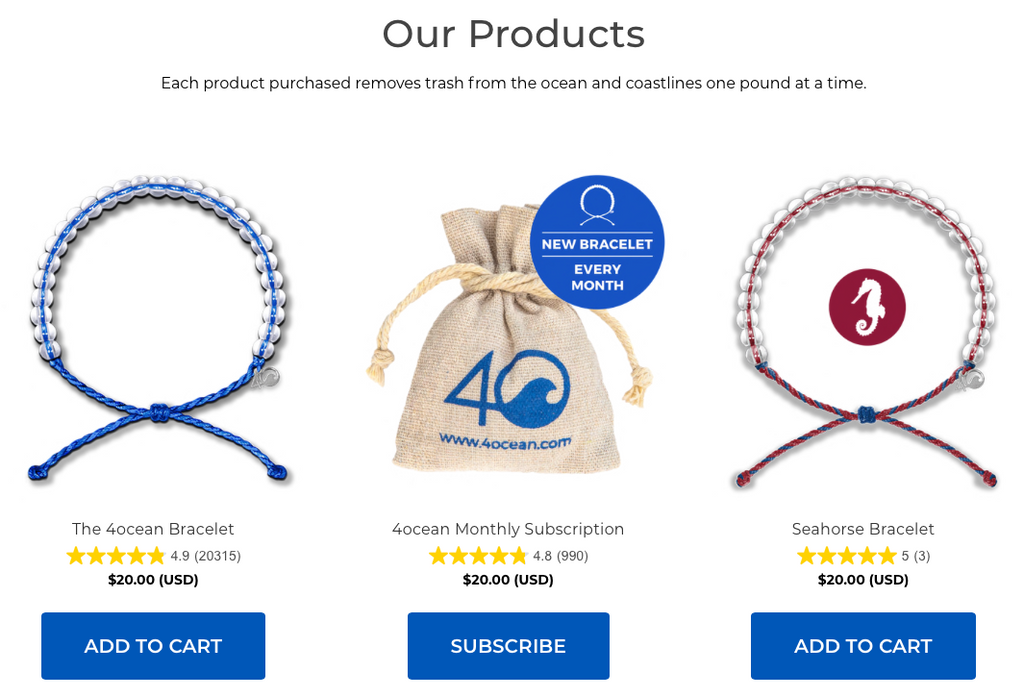The cost of plastic pollution starts way before the plastic is produced and lasts long after it has been thrown away. With the current model of plastic manufacturing, waste, and recovery, the responsibility is mostly placed on the backs of the consumer and local governments to use, collect, and recycle the plastic properly during the middle part of its lifecycle, usually at a high financial cost. But what about the companies that provide the raw materials for making plastic, the ones that use massive amounts of it in their packaging? And what about the post-consumer cost of cleaning up all the plastic pollution? Enter the concept of Extended Producer Responsibility (EPR).

Originally introduced by Thomas Lindhqvist in a 1990 report to the Swedish Ministry of the Environment, EPR by definition is a strategy aimed at manufacturers in which the manufacturer is responsible for the proper disposal of the products they sell and is intended to reduce waste and encourage environmental procedures by shifting the responsibility of disposal from consumers and governments back to the manufacturer.
In this so-called "cradle to grave" process, the way products are produced and how they are disposed of becomes the primary driver for plastic producers and companies who use it in their manufacturing. But what are the benefits?
Classified in terms of social, environmental, and economic benefits, EPR is beginning to change the way some companies do business. Socially, consumers are looking for companies that take the manufacturing of more environmentally sustainable products seriously and this can provide a boost in public perception. From an environmental standpoint, decreasing the number of toxic components used in products and thinking about the products ending up in a landfill vs. being recycled helps with energy consumption and overall air and water pollution. Economically, EPR attempts to provide incentives to producers that change the design of their products to be more sustainable and shifts the burden of disposal back to them.

While all of this sounds great, and countries like Sweden, Germany, Japan, and the EU have implemented various policies for things like electronics, plastic packaging, and other toxic chemicals used in manufacturing, there are some limitations and it is said that EPR works better in theory rather than practice in the real world. Additionally, this strategy does not necessarily reduce the amount of waste created but simply assumes that more of what is produced gets recycled properly. It is going to take more companies, countries, and governments to enact more of these policies, but if EPR is accepted on a global scale, it could be one prong in a multi-pronged approach to solving the ocean plastic pollution crisis and we think that it is worth a shot.
Let us know in the comment section below your thoughts on Extended Producer Responsibility and join the conversation over on our new Discover 4ocean Facebook Group. Also, make sure to follow us on Facebook, Instagram, and Twitter to stay up to date on all things 4ocean!


